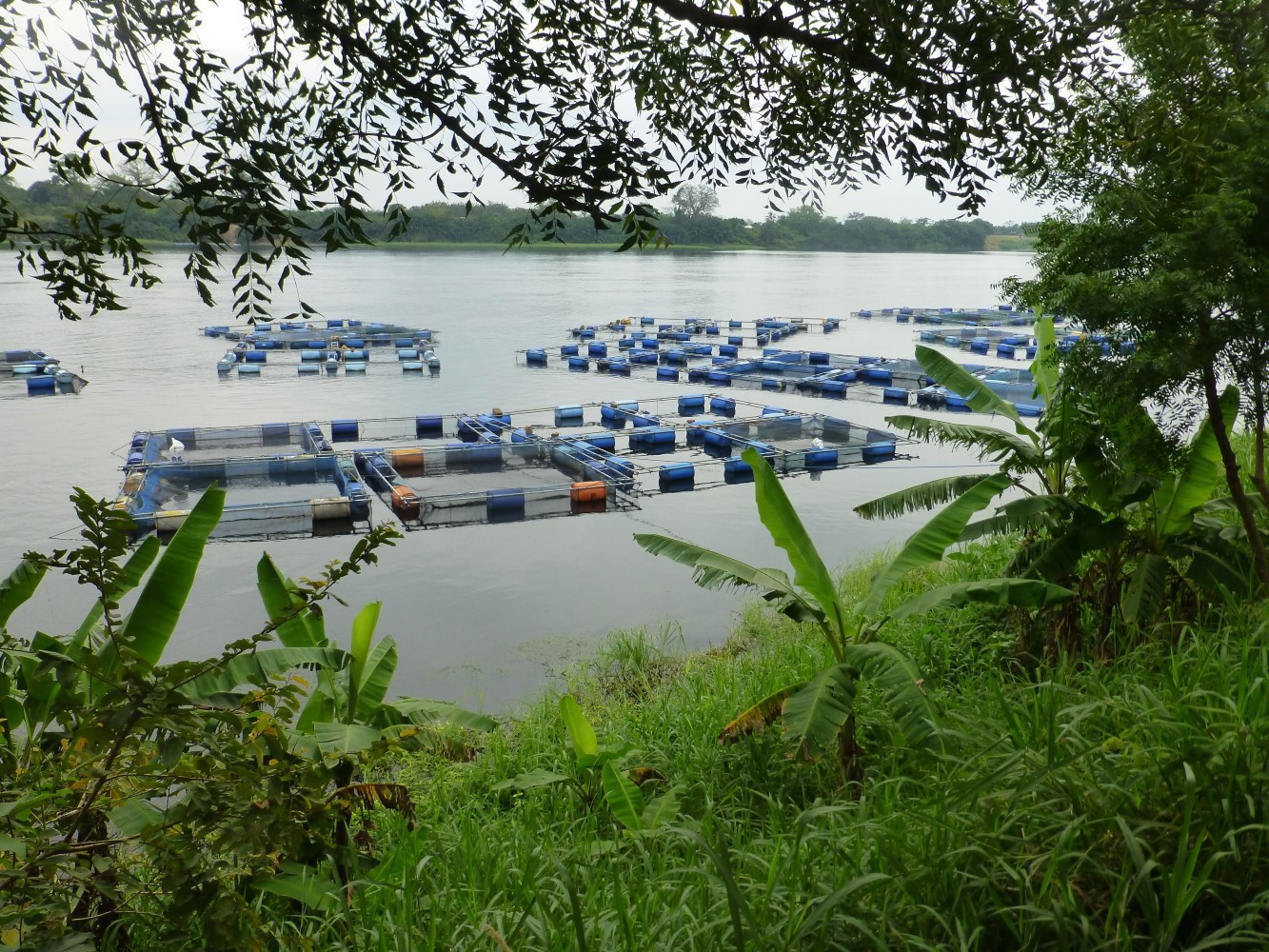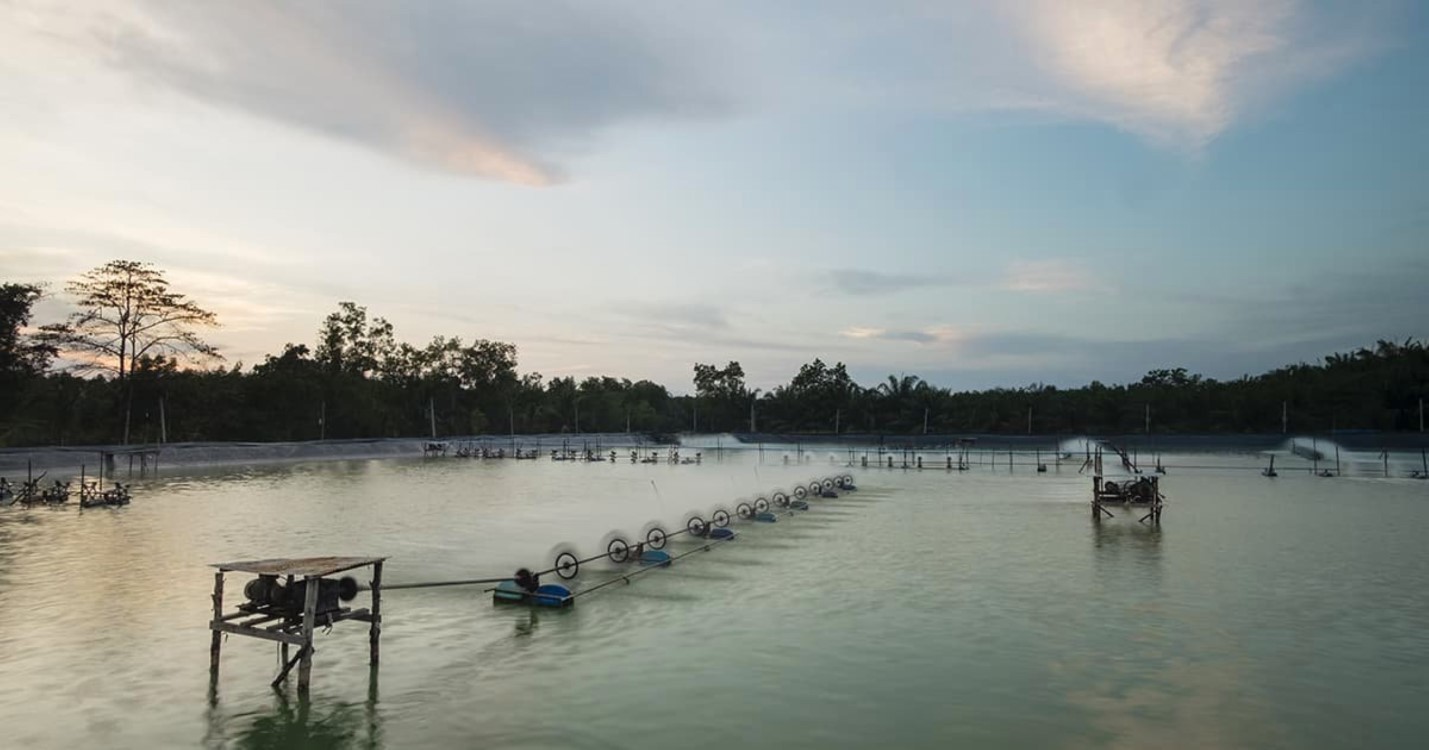Are fish farms healthy environments for fish and shrimp production?
Aquaculture systems must meet extremely strict requirements designed to safeguard animal welfare, hygiene, and safety. These also ensure the optimisation of a wide range of features, including water and waste management.
The quality of the culture environment and the systems used play a vital role in the quality of the final product of all aquaculture species. The authorities and the farmers themselves carry out constant checks outside the farms. These include assessments of the chemical, physical and biological characteristics of the water to ensure suitability for fish or shrimp production, while also assessing the method by which the wastewater is handled. In addition, there are specific animal welfare protocols in place to ensure low-density breeding and the adoption of procedures that minimize potentially stressful situations. Together, these and other steps help minimize the environmental impact of aquaculture and improve the welfare of the fish and shrimp that are farmed.
While Skretting does not operate any aquaculture facilities, our feeds provide optimised nutrition for the health and wellbeing of farmed aquaculture species.

